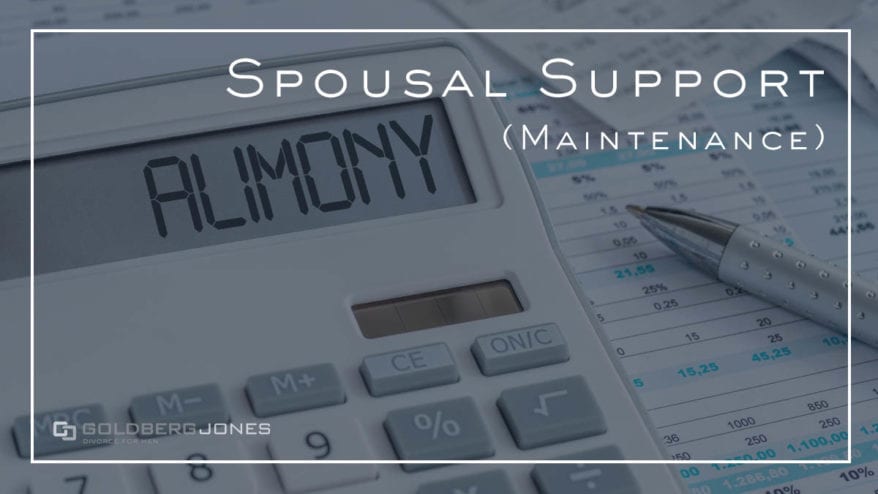Spousal support (also called spousal maintenance or alimony), is designed to provide the lower-income spouse with money for living expenses regardless of gender.
How does spousal support work?
Spousal support, or as it’s also called, alimony, is likely an issue whenever there is a significant difference in personal income between the two spouses.
The existence, amount and duration of monthly support payments will be defined either by the court in a contested setting or by the parties in the form of a settlement agreement.
Courts make determinations regarding spousal support after considering many factors:
- such as the length of the marriage,
- the standard of living during the marriage,
- as well as the age,
- health,
- potential earning capacity,
- education level,
- and job histories of both individuals.
In many of our cases, we must negotiate or litigate to achieve a minimization or termination of this sometimes oppressive obligation in our client’s best interest.
What are the Different Types of Spousal Support?
Transitional Support:
Transitional spousal support is precisely what it sounds like. It’s awarded to one party in order to help smooth over the move from married back to single life. Shorter in duration and not usually as long a commitment, this is most common in brief and mid-length marriages.
Transitional support usually comes into play to help one spouse get training or education that will aid in advancing job prospects and earning potential.
Compensatory Support:
When it comes to longer marriages, the court may mandate that you or your spouse pay maintenance support. This type of payment is awarded most often when there is a sizeable disparity in earning power. In many cases, this is a gap that may never close.
The court can order temporary maintenance support, but in many cases, these payments continue indefinitely and remain open-ended. This is especially true when one spouse may be unable to find suitable future employment due to health issues or other reasons.
Maintenance Support:
When it comes to longer marriages, the court may mandate that you or your spouse pay maintenance support. This type of payment is awarded most often when there is a sizeable disparity in earning power. In many cases, this is a gap that may never close.
The court can order temporary maintenance support, but in many cases, these payments continue indefinitely and remain open-ended. This is especially true when one spouse may be unable to find suitable future employment due to health issues or other reasons.
While these are the three types of spousal support, the court can also award a combination.
An Example:
During the post-divorce transition period, payments may be larger. But they may shift to a smaller maintenance amount at some point down the road.
Related Reading: Should You Sell Your Home During Divorce?
Related Reading: Are You Responsible For Your Spouses Debt?
Have Questions About Divorce?
